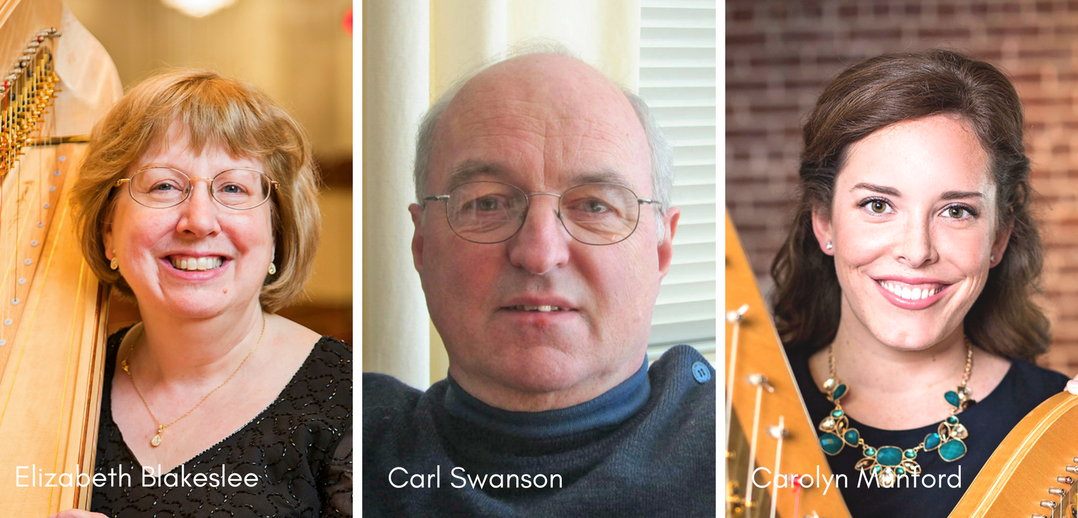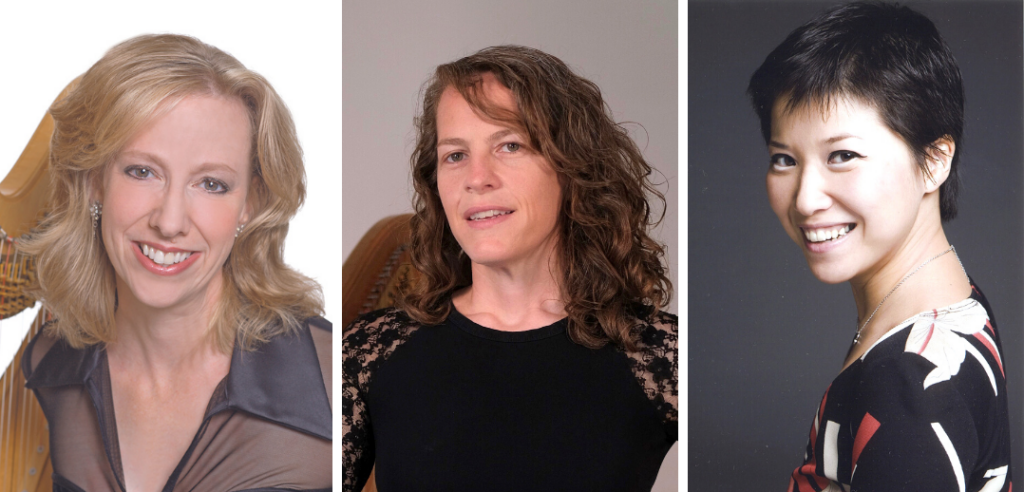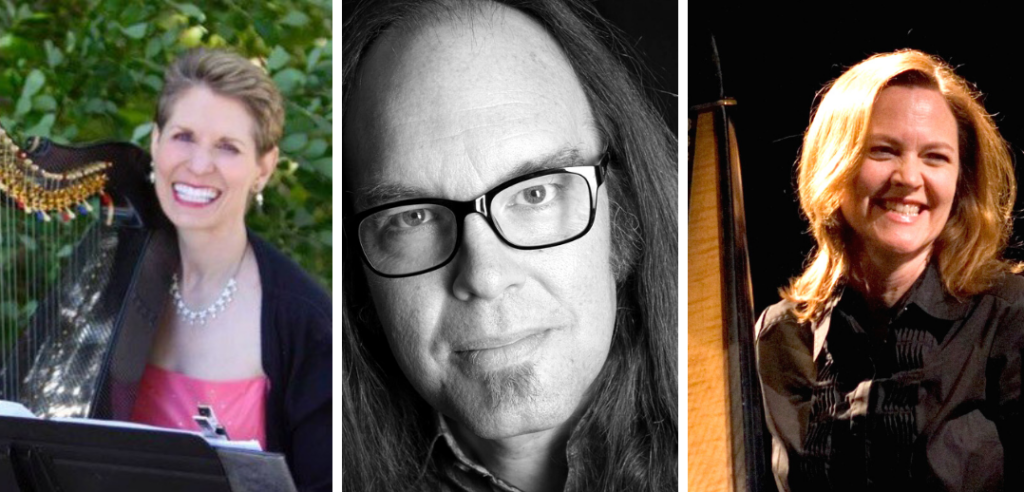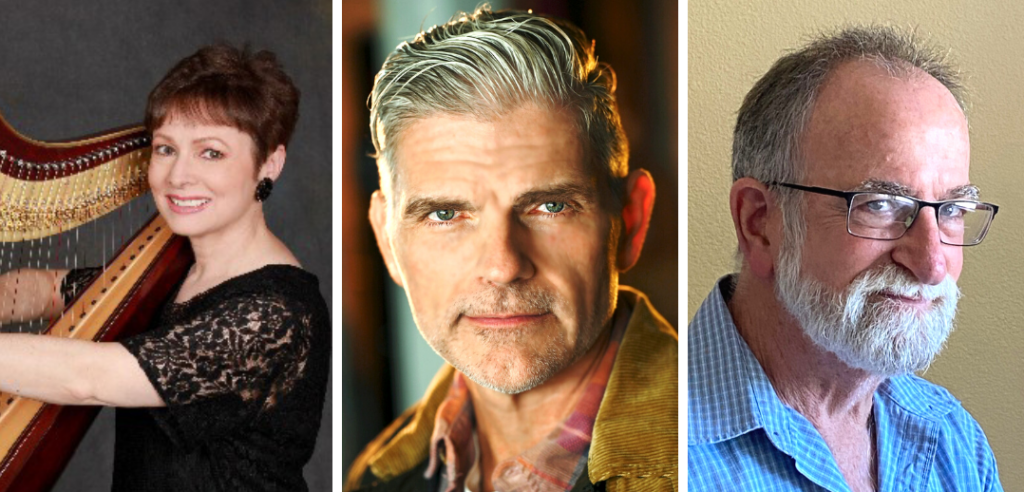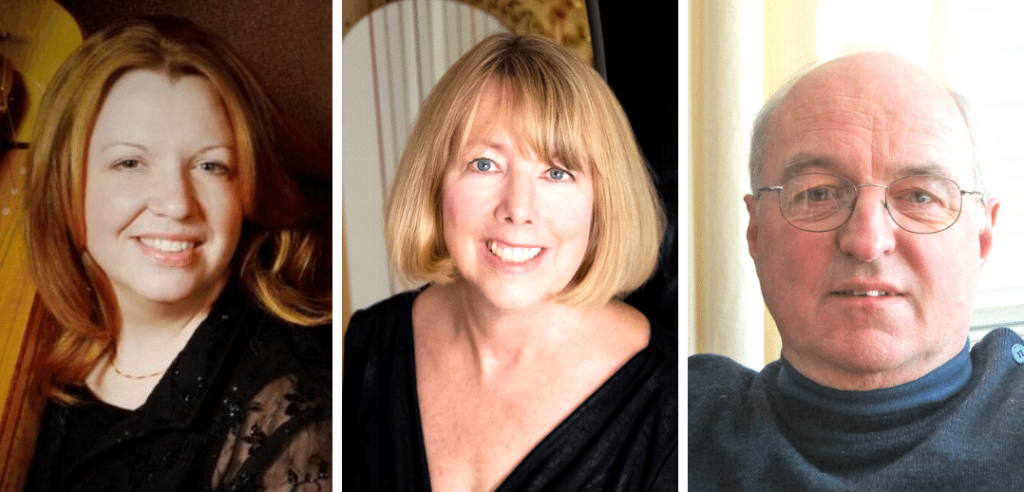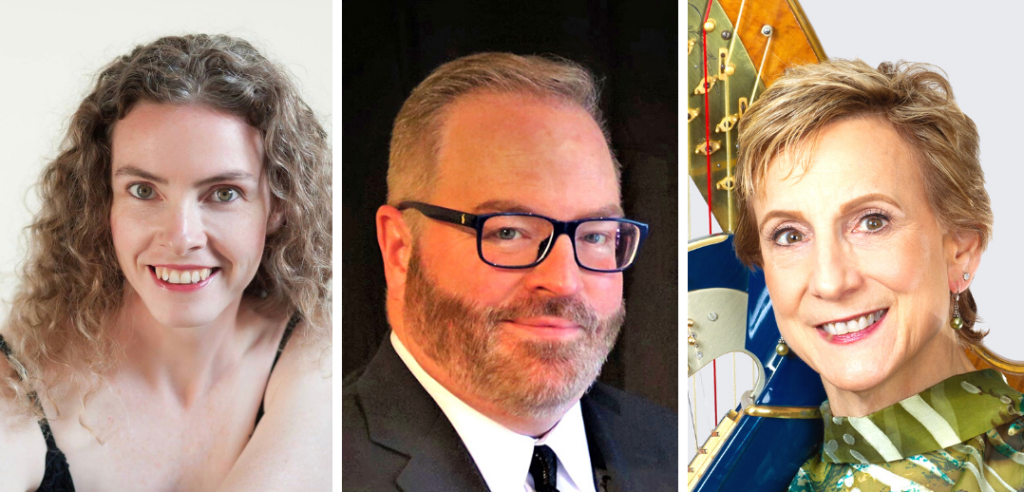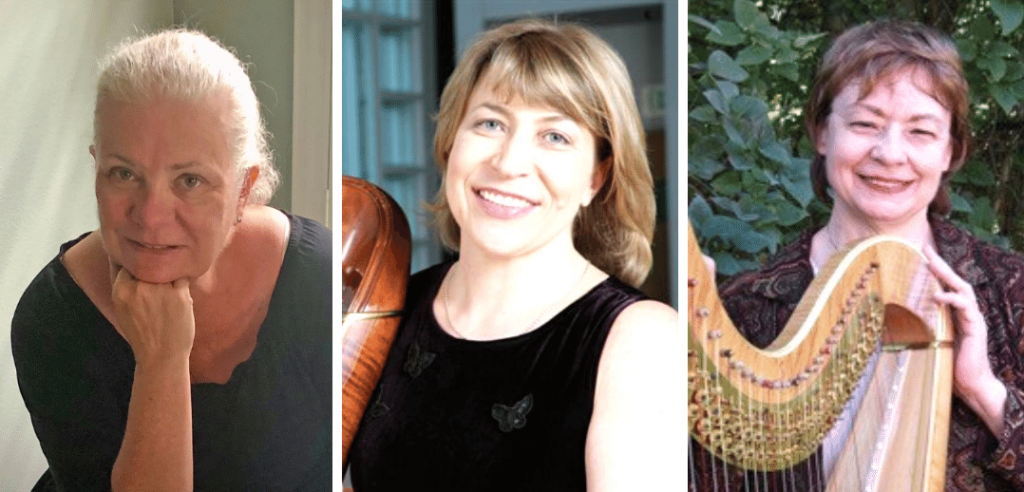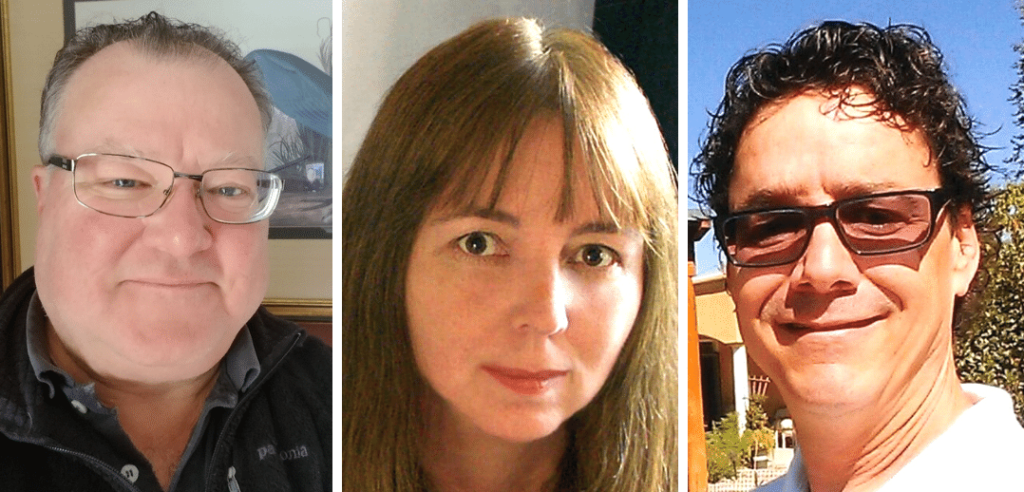You have to ask yourself a bunch of questions and answer them honestly. First, what are your goals now in your harp studies? They may be different from when you started or from when you started with your current teacher. Is this teacher helping you to meet those goals? Secondly, are you making progress? Are you playing better now than when you started with this teacher? A good teacher knows how to advance a student in a logical and systematic way, giving the student exercises, etudes, and pieces that will advance the student without overwhelming him. Thirdly, and especially if your goal is to be a professional harpist, how advanced of a player is, or was, your current teacher? If your teacher is going to teach you advanced repertoire, that teacher should have played advanced repertoire.
It’s entirely possible to outgrow a teacher. Some teachers are excellent at starting beginners, but don’t know how to advance them into harder repertoire. Some teachers are excellent at teaching advanced repertoire and preparing a student for competitionss or concerts, but are not good at recognizing and fixing underlying technical problems. You’ll have to assess your teacher’s skills and teaching methods. If those skills are coming up short, then it’s time to move on.
—Carl Swanson is a Boston-based harpist, teacher, technician, and harp builder who has published editions of major harp works with Carl Fischer Music
If you suspect that your current teacher may not be able to help you reach your goals, you should first have a candid discussion with him or her. Make sure your teacher understands what you want to achieve, and see how they respond. A good teacher will be honest about whether or not they can help you. If you ultimately decide to go in a different direction, be sure to give your teacher plenty of notice. Generously thank your teacher for all they have done for you, and emphasize that it is because of their inspirational teaching that you are ready for more rigorous challenges.
It doesn’t need to be an emotional decision. As much as you may love your teacher, ultimately you have to do what you believe is in your best interest. Good teachers will want their students to grow and succeed as much as possible.
—Carolyn Munford is principal harpist with the South Carolina Philharmonic Orchestra, and maintains a private teaching studio in Atlanta
The short answer is that you can’t know. Assuming you have done your research and have selected a teacher with demonstrated experience in teaching and performing, you should trust that teacher to guide your technical and musical development. You’ve chosen a teacher who understands the big picture, which as a student, you don’t. You will hit plateaus, be given assignments that may not make sense to you at the time, but your teacher knows the steps required to help you achieve your potential as a harpist.
During the pre-college years in particular, it is to your benefit to remain with one teacher who can bring you to an advanced level within one school or style of harp playing. Each teacher works within a system, and while the benefits of those systems are the subject of much debate, your best bet as a student is to stay within that system and learn it thoroughly. If you change teachers frequently during these early training years you often must begin again in a way that impedes your musical and technical development. Presumably you are at an advanced level when you begin college or conservatory, and that is the time to explore other technical approaches to the instrument and enlarge your understanding of music and performance styles. The natural times for a change of teacher are when you begin an undergraduate program at a college or conservatory, a master’s program, or a doctoral program. •
—Elizabeth Blakeslee played second harp with the National Symphony Orchestra for 17 years and now teaches at George Mason University, Washington Adventist University, and maintains a large private studio in Falls Church, Va.





